|
Canada has two official languages – French and English – but in reality, we are a multilingual country. More than seven million Canadians have a mother tongue that’s neither French nor English. Today in The Conversation Canada, Angelica Galante of Concordia University (who uses five languages) writes about research on using a “plurilingual” approach when teaching English as a second (or third or fourth) language.
It’s one of several good reads for your Wednesday:
And finally…climate change is threatening all of us in so many different ways. Jane McArthur of the University of Windsor reports on the latest research that shows the connections between air pollution and an increased risk of breast cancer for women.
Regards,
|
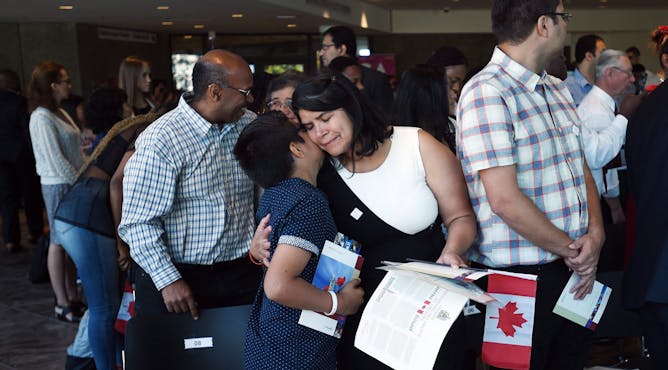
Luiz Capitulino,11, and his mom Sheyla Do Vale of Brazil embrace after becoming official Canadians during a citizenship ceremony at the National Arts Centre in Ottawa on Monday, Sept. 25, 2017.
CANADIAN PRESS/Sean Kilpatrick
Angelica Galante, Concordia University
The language learning approach called "plurilingualism" empowers people to draw on many languages and cultural modes of communicating.
|
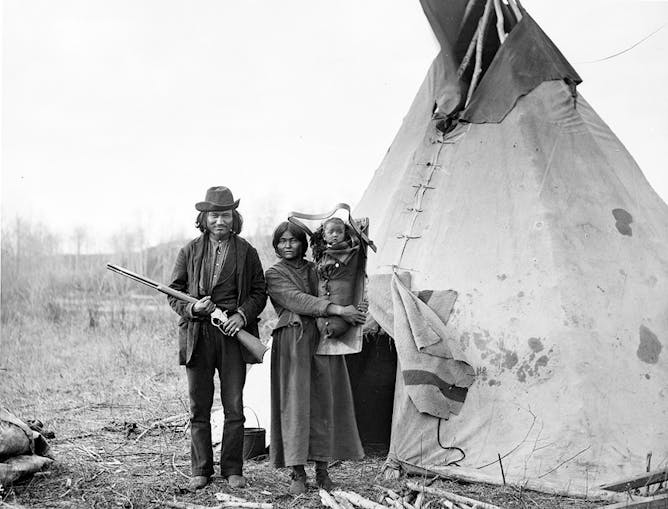
Treaty 4, which covered present-day southern Saskatchewan and a small part of western Manitoba was negotiated and signed at Qu'appelle Lakes. Here Saulteux from Upper Assiniboine River, Oct. 16, 1887 were promised for every ‘man, woman and child $1,200 …blankets and other articles.’
(Library and Archives Canada/Natural Resources Canada fonds/PA-050799).
Darcy Lindberg, University of Alberta
A recent historical win for Ontario First Nations against the government of Canada is as significant for the legal process, which took into account Anishinaabe law, as it is for the win itself.
|
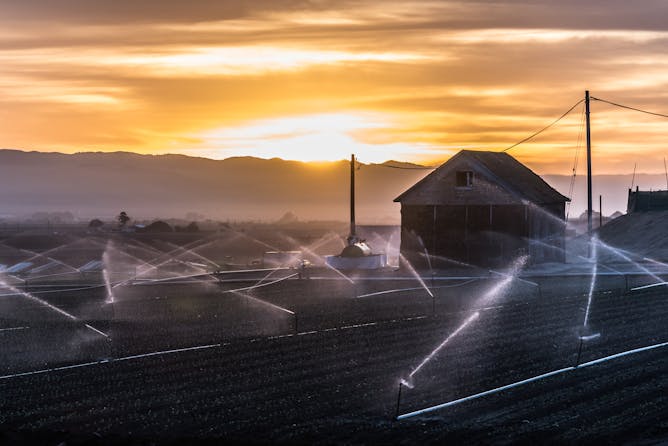
Sunrise in the Salinas Valley, an agriculture hub of central California. Depleted aquifers have left once-valuable cropland useless.
Shutterstock
Grant Ferguson, University of Saskatchewan; Jennifer C. McIntosh, University of Arizona
Groundwater supplies around the world are under threat as drilling companies bore deeper and deeper wells.
|

Blockchain technologies can empower people by allowing them more control over their user data.
Shutterstock
Ajay Kumar Shrestha, University of Saskatchewan
Blockchain technologies can support users in controlling access to their data through smart contracts that both empower and protect users.
|
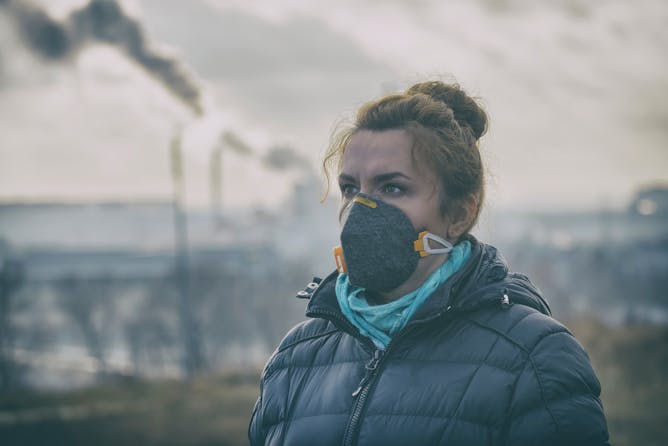
Evidence shows that the growth of air pollutants – as well as rising temperatures, increased rain and flooding – connect breast cancer with climate change.
(Shnutterstock)
Jane McArthur, University of Windsor
Most cases of breast cancer are related to environmental causes. When we talk about climate change, we must not forget this part of the story.
|
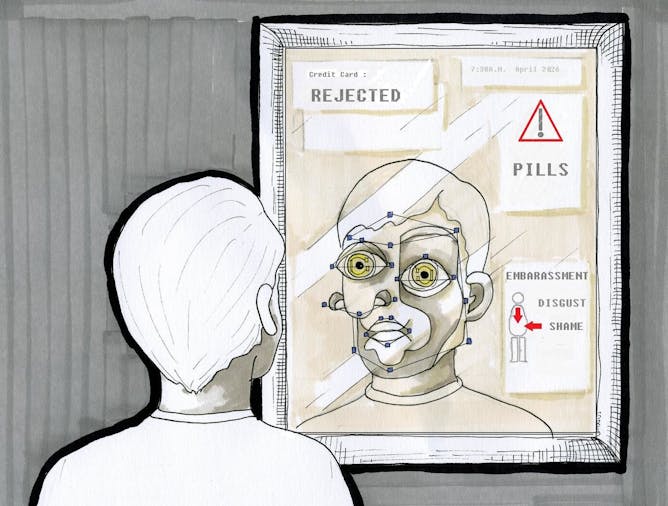
Afin de l'utiliser efficacement, l’humain aligne – consciemment puis inconsciemment – son comportement et sa pensée sur le modèle plus standard de l’IA. C’est un humain qui se robotise par anticipation.
Illustration par Séverine Rebourcet.
Mario Ionuț Maroșan, Université de Montréal
Afin de l'utiliser efficacement, l’humain aligne – consciemment puis inconsciemment – son comportement et sa pensée sur le modèle plus standard de l’IA. C’est un humain qui se robotise par anticipation.
|
Politics
|
-
Simon Usherwood, University of Surrey
After her historic loss in parliament, the PM will hold cross-party talks to find a way out of the impasse. But will she really be listening?
-
Rachel E. Bowen, The Ohio State University
Guatemalan President Jimmy Morales is defying a constitutional court order to release a UN-backed prosecutor his government arrested and allow his corruption investigation to continue.
|
|
Health + Medicine
|
-
Richard Metcalfe, Swansea University; Melitta McNarry, Swansea University; Niels Vollaard, University of Stirling
If you think VO₂max is just important for athletes, think again.
|
|